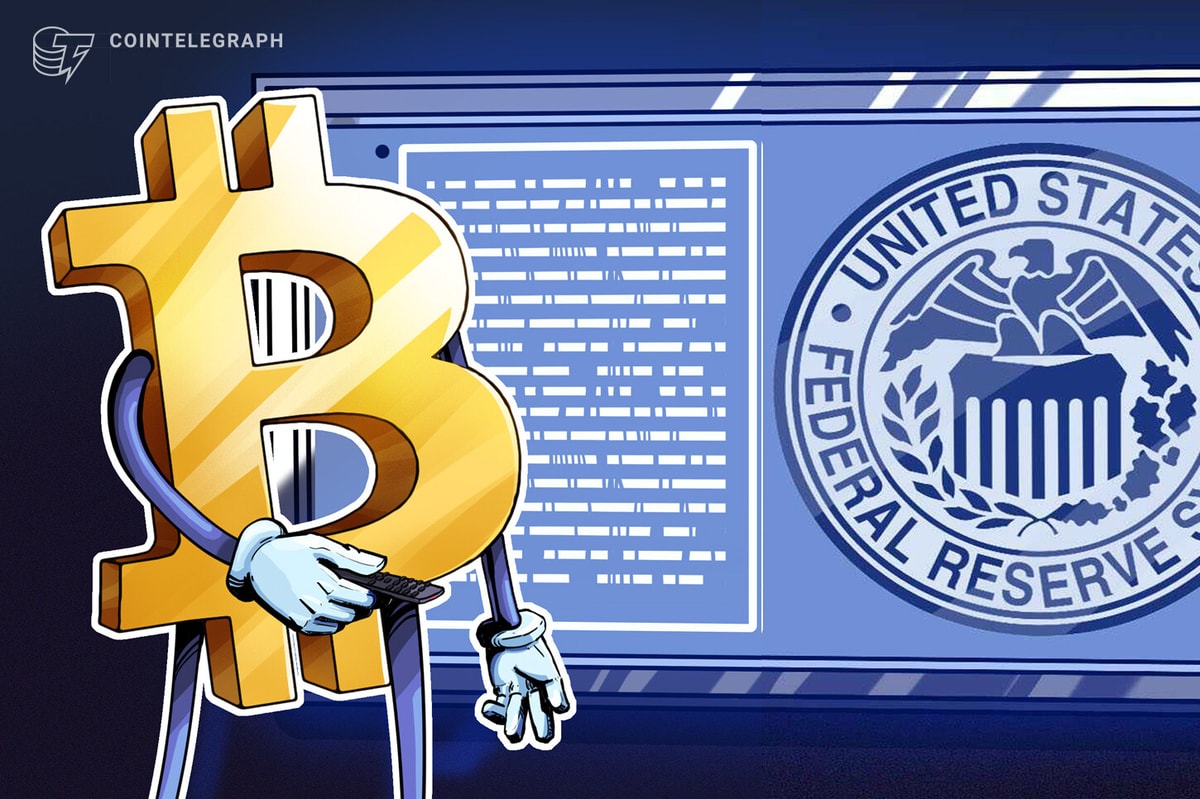Bitcoin is “tough to call” and could fall as low as $53,000 or as high as $65,000 following the United States Federal Reserve’s decision on rates on Sept. 18, according to Australian crypto trading firm Zerocap.
Jonathan de Wet, chief investment officer at Zerocap, told Cointelegraph that the market is now anticipating a 62% chance that the Fed will cut rates by a minimum of 50 basis points (0.5%), which he said already contributed to the brief rally that saw Bitcoin (BTC) touch $60,000 on Sept. 13.
However, de Wet said the price action is “tough to call” due to lingering uncertainty around the impact of rate cuts in the short term and is only complicated further by the precariousness of the upcoming US election in November.
“We’re seeing a BTC downside target of $53,000 after the recent range lows, with an upside target of $65,000 after breaking higher from the descending wedge.”
“Tough to call on direction until we get closer to the election, but risk-on conditions should lead to short-term positive sentiment,” he added.
Bitcoin is currently trading at $58,000, after rising to just over $60,000 on Sept. 13, thanks mainly to robust “CPI and PPI inflation data.”
Bitcoin briefly touched $60,000 on Saturday before sliding in the following days. Source: TradingView
“Given the Fed has waited this long for the initial cut, Zerocap is in the 50 bps camp, as opposed to backing the more conservative call of 25bps,” de Wet explained.
“The Fed’s dot plot is looking more and more like the start of a rate cutting cycle, which should support risk assets into the end of the year.”
The latest data from CME Group’s FedWatch Tool currently shows an expected 62% chance of a 50 basis point rate cut on Sept. 18.
Traders are predicting that the Fed will cut rates by 50 basis points on Sept. 18. CME FedWatch
The expected upcoming rate cuts have been the source of heated debate among market commentators, with many analysts split on whether they would be bullish or bearish for risk assets like cryptocurrencies.
Related: Bitcoin price turns shaky ahead of potential Fed rate cut and weak global economic data
Historically, rate cuts have been viewed as bullish for risk sectors, allowing investors to borrow capital at a lower cost and seek out risk due to lower interest on cash and treasuries.
However, several analysts have pointed to previous market activity in 2001 and 2007, where rate cuts preceded recessions, particularly in the presence of weakening macroeconomic conditions.
De Wet added that continued uncertainty around the upcoming US presidential election is weighing on the crypto market, with investors unsure how a Kamala Harris victory could impact the crypto sector on US soil.
“Harris leads in the polls and had a convincing win over [Donald] Trump in the recent debate. If these odds begin to shift back towards the Republicans, watch out for the long banks, energy and Bitcoin trade with a Trump win,” he said.
Magazine: Bitcoiners are ‘all in’ on Trump since Bitcoin ’24, but it’s getting risky








